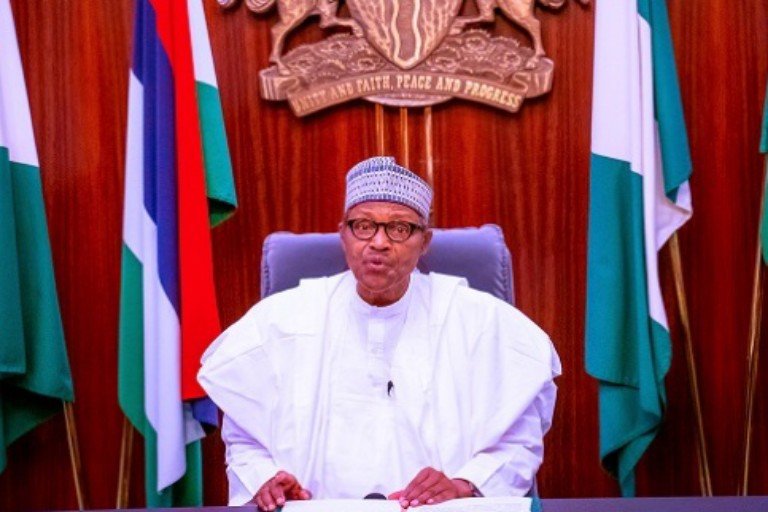Canadian Prime Minister Mark Carney has stated that Canada “will not accept a bad deal” solely to obtain a trade agreement with the United States, as a deadline of August 1 looms before US President Donald Trump begins imposing new tariffs.
“Our objective is not to reach a deal at any cost,” Carney told reporters in Ontario. “We are pursuing a deal that will be in the best interest of Canadians.”
If no agreement is reached by the deadline, US importers purchasing goods from Canada will be subject to a 35% tariff.
The neighbours are among each other’s largest trading partners, but they have been at odds since Trump returned to the White House earlier this year and launched a massive tariff campaign.
He claims that they will stimulate American manufacturing and protect jobs. However, the decision has rocked the global economy and spurred critics to warn that US consumers may face higher product prices.
Trump has already imposed a 25% tariff on certain Canadian goods and a 50% tariff on aluminium and steel imports.
Speaking on Tuesday, Carney stated that he would consider taking action to protect aluminium and lumber companies, two of the country’s key industries, and hinted at the possibility of additional protectionist measures as the full impact of US tariffs became apparent.
The prime minister previously disclosed that countermeasures, including higher tariffs on imports of steel to Canada.
“It will probably be the case in the next couple of months… we’ll see other needs for support for the sectors that have been the most affected,” the prime minister said at a gathering of Canadian province leaders.
Canada sells around three-quarters of its goods to the United States. In addition to metals and lumber, Canada exports a substantial amount of oil, automobiles and parts, other machinery, food, and pharmaceuticals.
According to the Office of the US Trade Representative, the US will export nearly $350 billion (£258 billion) in goods to Canada in 2024 and import more than $412 billion from its northern neighbour.
Trump has announced a wide range of tariffs on certain product categories and nations, claiming that the US has been treated unfairly by its international trading partners.
He has also given other justifications for the tariffs, such as putting pressure on his neighbours to reduce illegal fentanyl shipments into the US.
According to data from the US Customs and Border Patrol, approximately 0.2% of all fentanyl seizures entering the US occur at the border with Canada, with the majority collected at the border with Mexico.
Since launching a global tariffs campaign, Trump has announced a few deals, including with the United Kingdom, Japan, and Indonesia, although those agreements have maintained some higher tariff rates.
On Tuesday, for example, the White House struck a deal with the Philippines that included a 19% tax on imports from the country, up from a 17% rate previously disclosed but lower than the 20% duty Trump warned of in a letter earlier this month.











